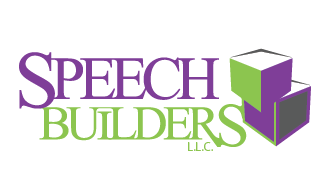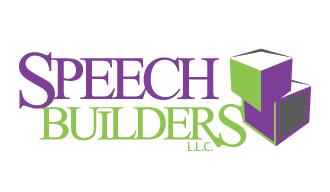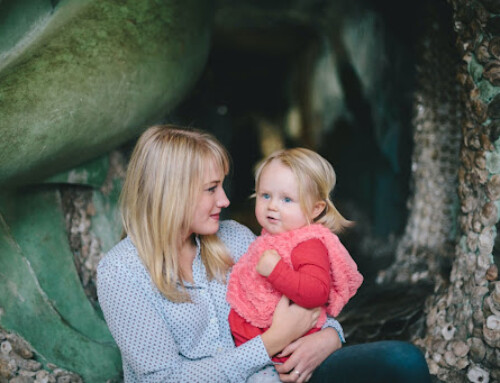With the end of the school year quickly approaching, changes may be coming for your child in the next school year: moving from VPK into Kindergarten, graduating into middle or high school, or you simply may just be thinking about switching to a different daycare, preschool, private, or public school. Here are some points to consider when looking around at a new school or child-care center, to help you make an informed decision about what option would be best for your child.
Do Your Research
Ask around for recommendations from fellow parents about centers they sent their child to — how was their experience, would they recommend it or send their child there again? Personal recommendations can be a great place to start, as you can get a well-rounded idea of the educational ideals and teaching manners of a facility.
After you have gotten an idea of which centers you are interested in, start doing some research on them. Their website and social media can be a great place to start to learn more about schedules, educational plans, tuition rates, etc. Check out reviews on Facebook, Yelp, and Google, to see how others’ experiences were.
Questions to Ask
After doing your own research on the centers you are considering for your child, reach out to them to schedule a visit or tour. Here are some questions to ask the director or staff member during the visit:
- What is your tuition and school schedule?
- What certifications does your teacher have, and what accreditations does your facility have?
- Do you allow outside vendors in for therapy services? (This is especially important for those students we provide therapy for in schools or daycare. If the facility does not allow outside vendors in, you may need to switch to in-office or virtual therapy)
- What COVID-19 precautions are you taking, and what is your plan of action if there is an active case or exposure?
- Do you serve snacks and meals, or do I need to provide those? If yes, are you able to accommodate dietary restrictions?
- Does my child need to be potty trained? If not, do you assist with toilet training?
- What safety precautions are taken at your facility? Cameras, locked doors, sign in and out forms etc.
Don’t forget to ask questions specific to your child’s needs, as well as open ended questions to any concerns you may have about your child and how they would respond.
Many changes have happened over the last year, and we are all still working to determine what is the best fit for us, our children, and our families. Sometimes that can include a switch in classrooms, teachers, or even schools or day care centers altogether. At the end of the day, you will make the decision that you feel is best for your child, and we hope that this post helped bring about some points you may not have yet considered.















Leave A Comment
You must be logged in to post a comment.